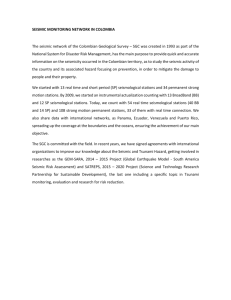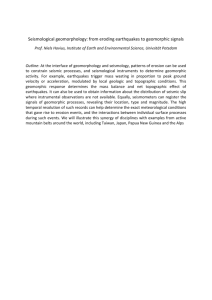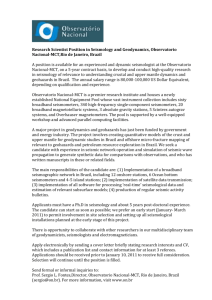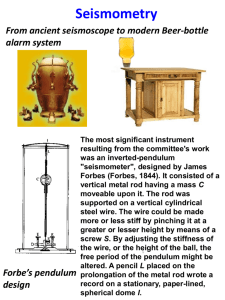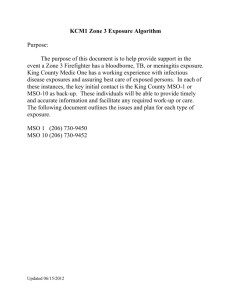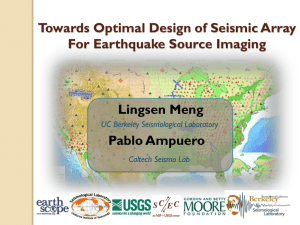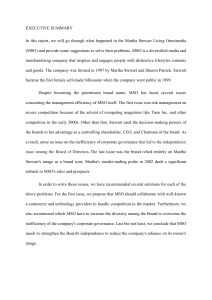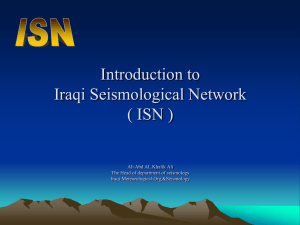Matsushiro Seismic Array System
advertisement
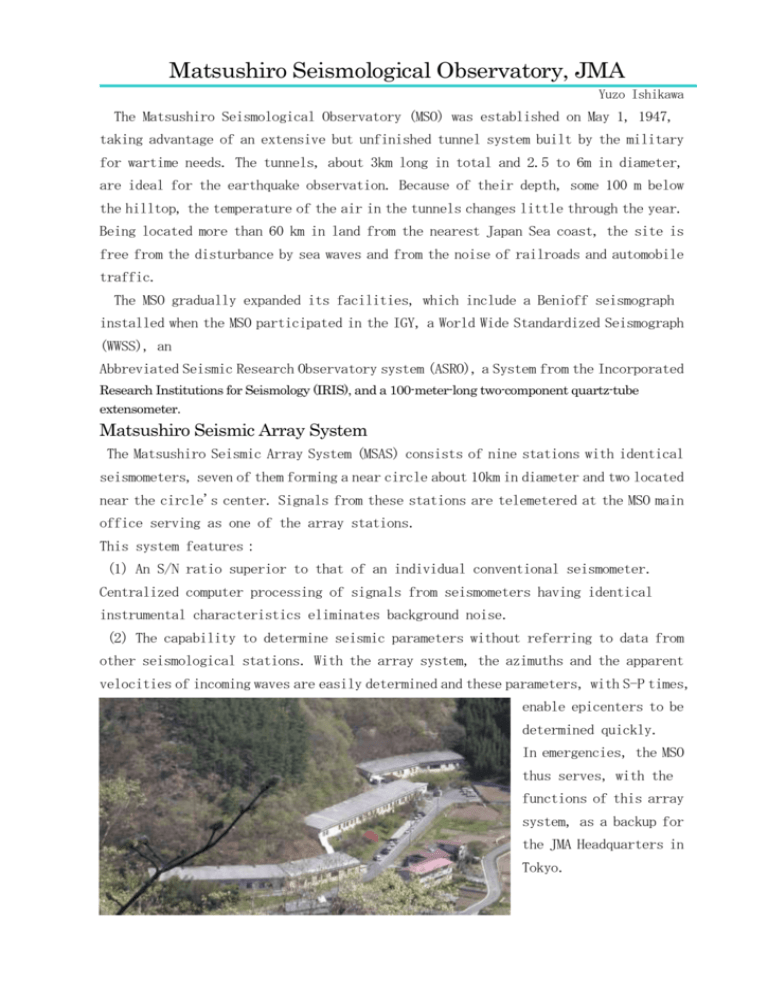
Matsushiro Seismological Observatory, JMA Yuzo Ishikawa The Matsushiro Seismological Observatory (MSO) was established on May 1, 1947, taking advantage of an extensive but unfinished tunnel system built by the military for wartime needs. The tunnels, about 3km long in total and 2.5 to 6m in diameter, are ideal for the earthquake observation. Because of their depth, some 100 m below the hilltop, the temperature of the air in the tunnels changes little through the year. Being located more than 60 km in land from the nearest Japan Sea coast, the site is free from the disturbance by sea waves and from the noise of railroads and automobile traffic. The MSO gradually expanded its facilities, which include a Benioff seismograph installed when the MSO participated in the IGY, a World Wide Standardized Seismograph (WWSS), an Abbreviated Seismic Research Observatory system (ASRO), a System from the Incorporated Research Institutions for Seismology (IRIS), and a 100-meter-long two-component quartz-tube extensometer. Matsushiro Seismic Array System The Matsushiro Seismic Array System (MSAS) consists of nine stations with identical seismometers, seven of them forming a near circle about 10km in diameter and two located near the circle's center. Signals from these stations are telemetered at the MSO main office serving as one of the array stations. This system features: (1)An S/N ratio superior to that of an individual conventional seismometer. Centralized computer processing of signals from seismometers having identical instrumental characteristics eliminates background noise. (2)The capability to determine seismic parameters without referring to data from other seismological stations.With the array system,the azimuths and the apparent velocities of incoming waves are easily determined and these parameters,with S-P times, enable epicenters to be determined quickly. In emergencies,the MSO thus serves,with the functions of this array system,as a backup for the JMA Headquarters in Tokyo.
